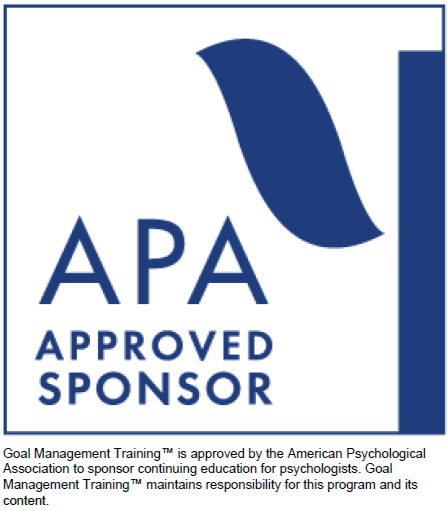Research
The efficacy of GMT for improving function across a variety of patient populations has been assessed by leading research groups for over 20 years. There are currently several large scale trials assessing the effectiveness of GMT, funded by national and local agencies across the globe.
Published Research on GMT
There are over 80 publications concerning the effectiveness of GMT for improving executive functioning in aging, traumatic brain injury, spina bifida, multiple sclerosis, stroke, PTSD, affective disorders, ADHD, abstinent polysubstance abuse, and post-critical care patients, among other conditions.
A meta-analytic review of published, peer-reviewed studies through 2017 supported the effectiveness of GMT as measured by objective (neuropsychological tests, measures of brain function such as functional magnetic resonance imaging [fMRI]) and subjective (self- and other-ratings) measures of executive functioning (Stamenova & Levine, 2018)*.
A meta-analytic review of published, peer-reviewed studies through 2017 supported the effectiveness of GMT as measured by objective (neuropsychological tests, measures of brain function such as functional magnetic resonance imaging [fMRI]) and subjective (self- and other-ratings) measures of executive functioning (Stamenova & Levine, 2018)*.
This bibliography includes research studies that have used GMT, modified GMT, or GMT principles in interventional research in various groups, as well as review papers summarizing the executive functioning rehabilitation literature (including GMT).
GOal Management Training™
Bibliography
Quick Links
Aging
Spina bifida
Stroke
ADHD
Post-Critical Care Patients
Mental Health Disorders
Pediatrics
Reviews


